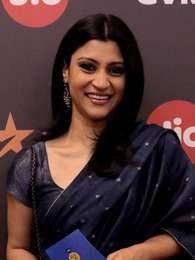A Quote by Karthik Subbaraj
I started as a short filmmaker and found that one of the toughest challenges was getting your film to be watched. I would enter it in competitions and release it online, but getting a mainstream theatre-going audience to view the film is difficult.
Related Quotes
In theatre, once you've got the character and you've got things together, you can relax into it. Film has a different feel - you don't get that through line of not stopping. Theatre is like a snowball gathering momentum and getting bigger, whereas in film, it's a bit stop and start - but you do tend to adjust to that quite easily.
I think the biggest challenge was being aware of a certain audience that was going to see this film [lone survivor]. There's a big difference from a typical movie, journalists and critics and film goers that go see it find that, that's the general experience you have as a filmmaker. So that just kind of proves my point that there's a really different audience.
Upon its debut, The Room was a spectacular bomb, pulling in all of $1,800 during its initial two-week Los Angeles run. It wasn't until the last weekend of the film's short release that the seeds of its eventual cultural salvation were planted. While passing a movie theater, two young film students named Michael Rousselet and Scott Gairdner noticed a sign on the ticket booth that read: NO REFUNDS. Below the sign was this blurb from a review: “Watching this film is like getting stabbed in the head.” They were sold.





































